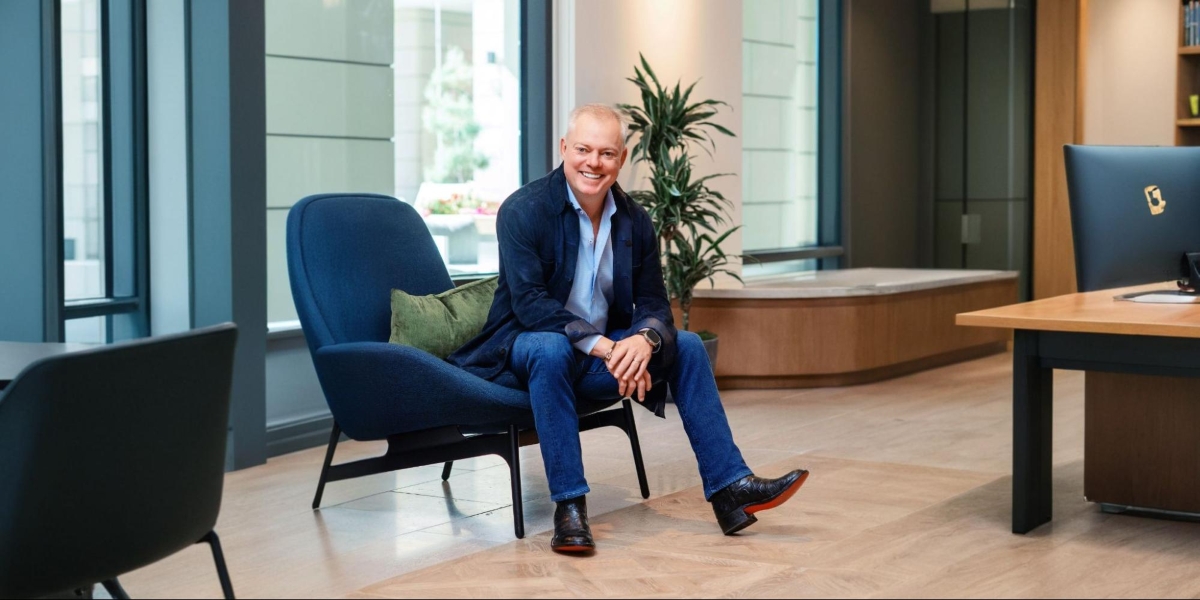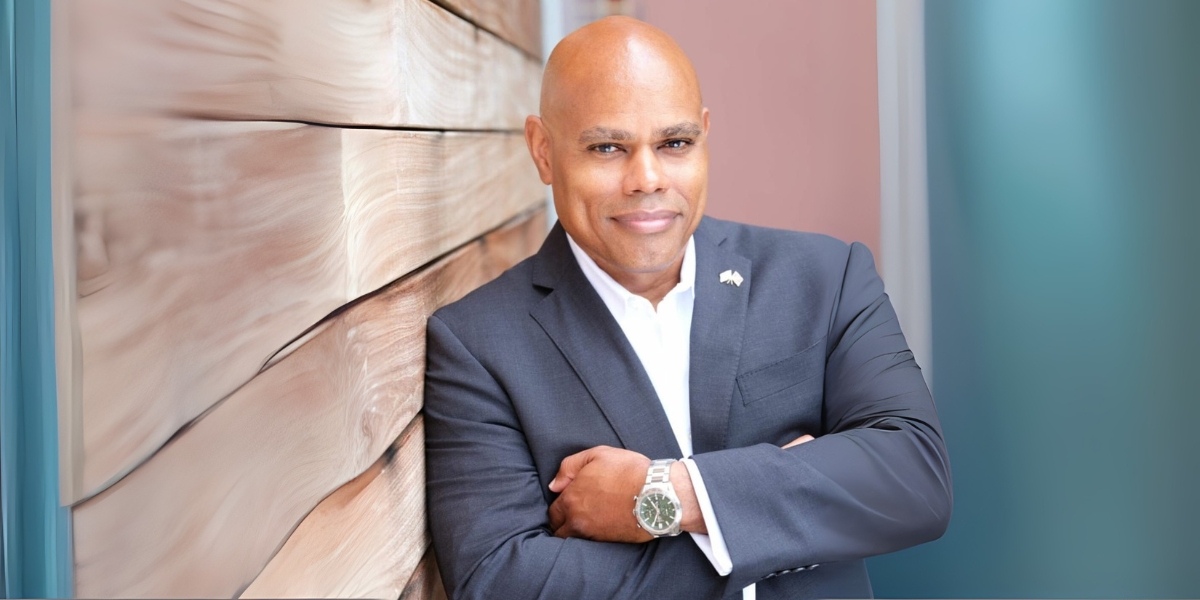By: Joshua Finley
Charles Covey has been an entrepreneur for as long as he can remember. At just 7 years old, Charles began mowing lawns in his neighborhood, enlisting his father to help with operating the weed eater since his young frame was still too small to do it on his own. Though it was hot, difficult work, Charles loved the process of taking on a challenge most would have said was too big for him and proving his ability. This theme repeats consistently throughout his career.
The early entrepreneurial lessons paved the way for a lifelong career centered around creation and problem-solving. Now, as the founder of LandVest Development, Charles is leveraging decades of experience to tackle the housing crisis.
Entrepreneurial Drive from the Start
For Charles, the call to entrepreneurship was innate. “Entrepreneurship chose me, not the other way around,” he reflects. At just 4 years old, Charles’s adventurous spirit once led him nearly a mile from home, walking aimlessly down the road simply for the thrill of “an adventure.” Thankfully, his father spotted him and brought him home safely.
According to Charles, this confidence and thirst for challenge has been with him since the beginning. “I’ve always had that kind of confidence and desire for adventure and for taking risks and for trying new things and for tackling a big challenge,” he shares. “Even from the age of four, that’s something that has always been there.”
As part of a homeschool curriculum focused on real-world skills, Charles took on an internship in construction at age 16. He quickly fell in love with the process of building from the ground up. “You start with nothing and then a bunch of hard working guys get out there and work their butts off for a period of time and you have a building that appears and that is just a fascinating process that never gets old for me,” Charles explains.
Building a Career in Construction
Charles began at the bottom rung, framing houses at age 16 in the hot Texas sun. It was difficult work, but deeply fulfilling. Over his early career, Charles continued moving up the ladder – first starting a renovation business in college, then working for a commercial contractor after graduating.
Eventually, Charles again struck out on his own. Over the next decade, his construction company expanded to over 130 employees with multiple offices. Yet as the business grew, Charles realized he wanted more. “I achieved much of what I set out to do but the money and the accolades didn’t bring me the joy I expected. I knew there must be a bigger vision for me to chase after”, he reflected.
Seeking deeper fulfillment, Charles invested more of his efforts into commercial real estate development. He found a love for the process of turning vacant land into a subdivision or apartment complex. According to Charles, “Not only are we doing the physical work but I’m getting to visualize the project and work with the architect, the engineer to make this thing happen from nothing. And that is just an unbelievable process – it’s always stimulating and exciting for me.”

Finding Purpose in Real Estate
As Charles neared 40, he began to re-evaluate his definition of success. Having already achieved many of his financial goals, he asked himself, “What is happiness for me? And what is joy? And what are those things gonna look like?”
The answer lay in solving big problems that made a real impact. Charles saw firsthand that many of his employees struggled to afford decent housing, despite working full-time construction jobs. This sparked a desire to address the housing shortage, specifically in the Texas Triangle.
“I was just really burdened by this whole concept of the hard working, blue collar demographic being radically underserved and developers are generally not paying a lot of attention to that because it’s not always a sexy problem to solve,” Charles explains. “I thought, okay, this is pretty interesting. My ego doesn’t need it to be a flashy, sexy problem.”
In his estimation, the focus needed to be market rate, achievable housing for the average wage earner. Charles saw it as an admirable test of his problem-solving abilities. If he could build achievable, quality living at scale, deliver investor growth, and help fix a societal need – it would be the meaningful work of his career.
Innovative Solutions for Affordable Housing
To make achievable housing pencil out, Charles needed an innovative approach. “If we just do everything the way it’s always been done, we’re not gonna get to a novel result solving our problem,” he asserts. Charles focused intensely on re-thinking each step of the traditional development process.
On the construction side, his team utilizes forward thinking solutions including modular wall panels that can be erected quickly on-site. According to Charles, “You get the walls up in a day and you get the skin on in another day, you get the roof on in a day and in three days, you’re dry.” This is just one example of accelerating timelines and providing major cost savings.
Providing Attainable Housing at Scale
So far, the results speak for themselves. LandVest has communities underway across the DFW metro providing quality, achievable housing. Charles is thrilled with the progress, but not satisfied. “I still think there’s more to do but I’m really happy with the solutions that we’ve come up with,” he remarks.
The immense size of the achievable housing shortage necessitates scale. In Texas alone, an estimated 675,000 units are needed to meet current demand. While Charles is happy to share his strategies, he cannot tackle this alone. “I can’t solve the bigger issue of the sheer unit deficit on my own,” he admits. “We need dozens of developers like me to go and do that too.”

The Future of Achievable Housing
Looking ahead, Charles predicts continued innovation in construction techniques and materials. He believes AI will also play a role in optimizing development. “I think AI is going to be a factor in creating efficiencies in the design process and in the conceptualization of projects,” Charles forecasts. “It’s going to shortcut that potentially by half, which would be very impactful.”
Most importantly, Charles hopes more mainstream developers will recognize the potential in achievable housing. There are ample opportunities to build successful projects while lifting up people struggling to buy or rent decent homes.
To learn more about Charles Covey, visit his Instagram and LinkedIn profiles.
Published by: Nelly Chavez









